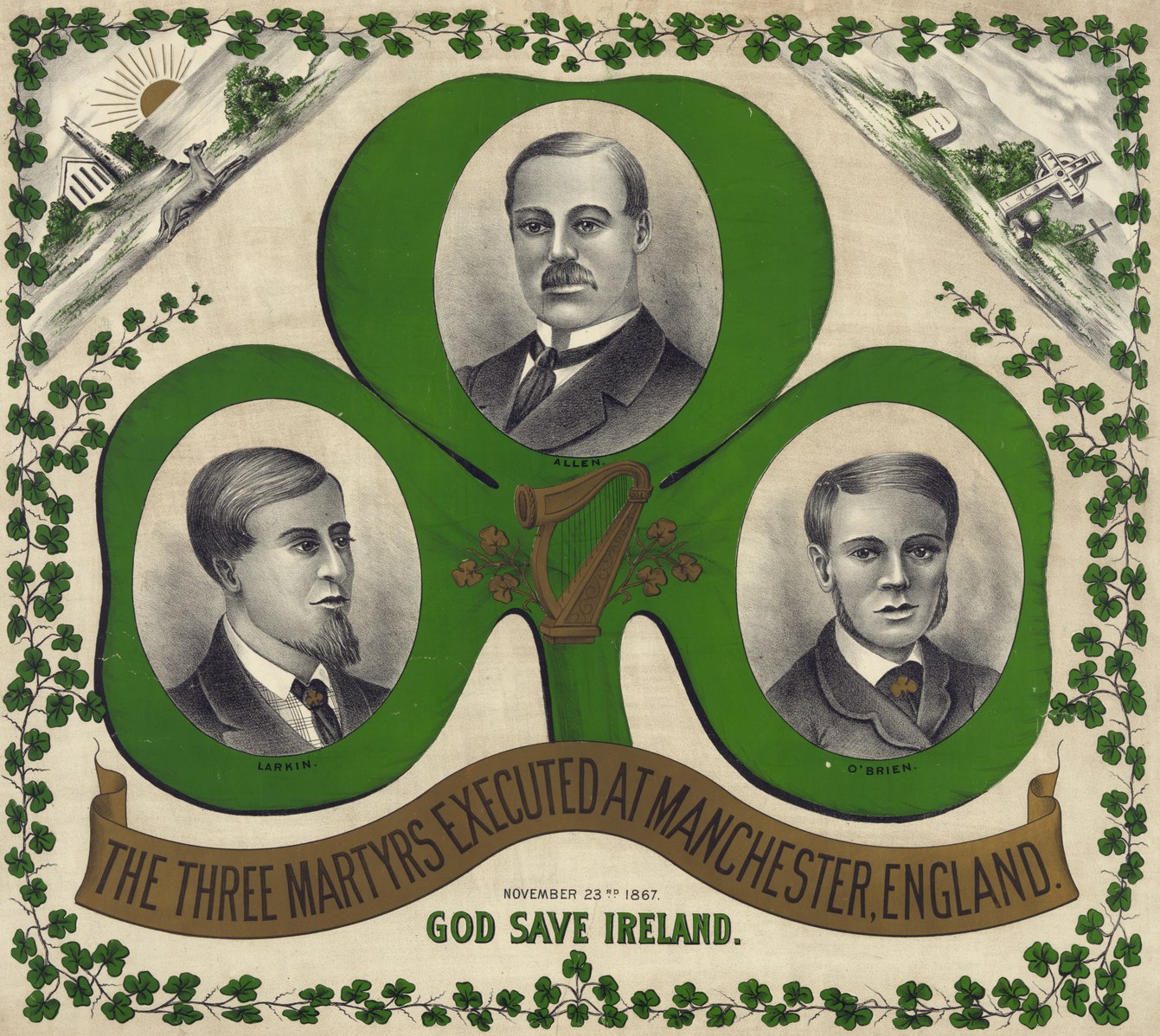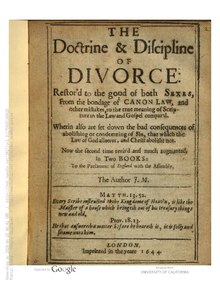
Today in Labor History November 23, 1644: At the height of the English Civil War, John Milton published an anti-censorship pamphlet, “Areopagitica.” The authorities had censored several times, particularly for his attempts to defend divorce, a radical idea in those days. He anonymously published “The Doctrine and Discipline of Divorce” (1643). The Puritan clergy condemned it as heretical and supportive of sexual libertinism.
1700s
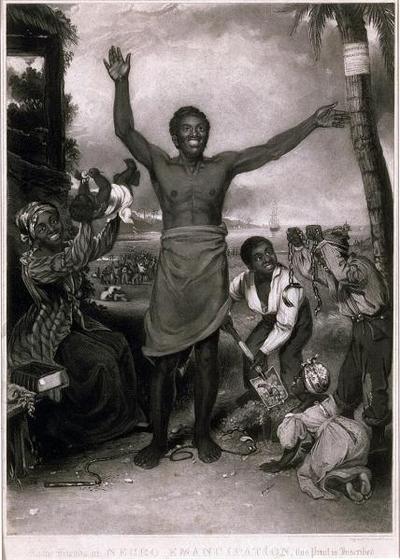
November 23, 1733: A slave insurrection began on St. John, in what was then the Danish West Indies. 150 African slaves from Akwamu, in present-day Ghana, revolted against the plantation owners. It was one of the earliest and longest slave rebellions in the Americas, lasting into August, 1734. During the revolt, they captured the fort in Coral Bay. Soon they controlled of most of the island. They even captured other Africans, who they intended to use as their own slave labor. However, a larger and better-armed militia of French and Swiss troops from Martinique eventually defeated the Akwamu.
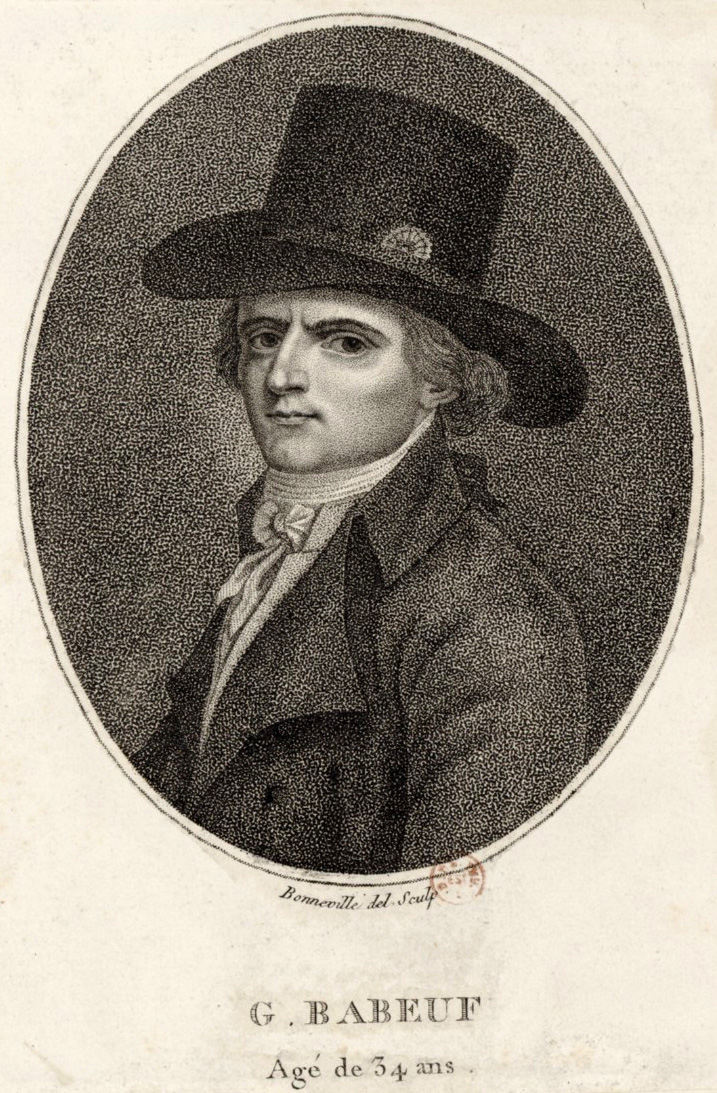
Today in Labor History November 23, 1760: French revolutionary Francois-Noel Babeuf was born on this date in St. Quentin, France. Babeuf was a proto-communist leader in the French Revolution. He was also a member of the Conspiracy of Equals (along with Jacque Roux and Jean Varlet). His newspaper “The Tribune of the People” advocated for the poor, the abolition of private property and a popular revolt against the government of France. Ultimately, the authorities captured and executed him.
1800s
November 23, 1831: The Silk Workers’ Revolt in Lyon continued, with workers occupying the Town Hall and an insurrectionary government was formed. (From
Today in Labor History November 23, 1867: The authorities hanged the Manchester Martyrs for killing a police officer while freeing two Irish Republican Brotherhood (Fenians) members from a police van.
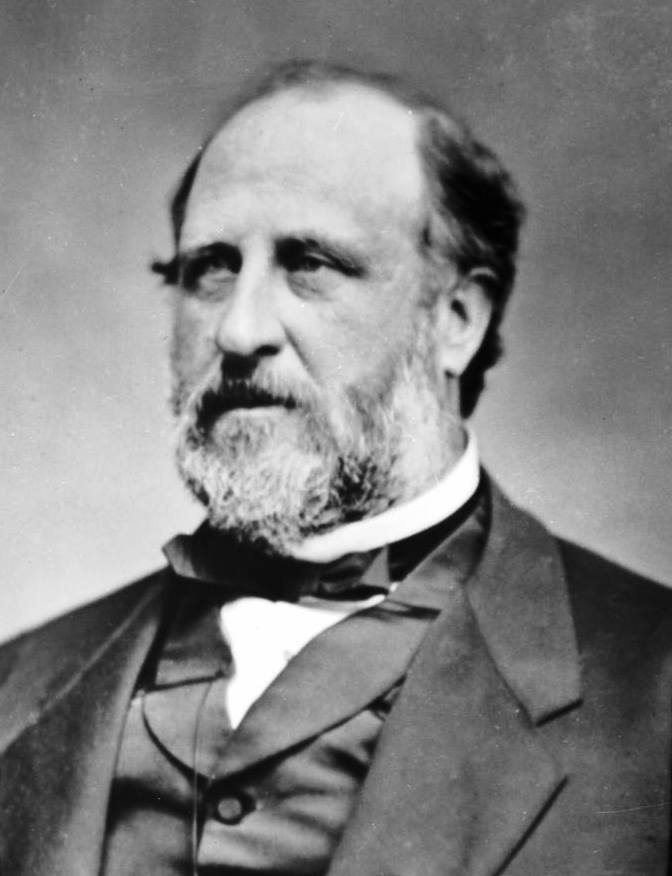
November 23, 1876 – The authorities captured Tammany Hall leader Boss Tweed in Spain and sent him back to New York City for prosecution.
1900s-1910s
Today in Labor History November 23, 1903: Army troops were sent to Cripple Creek, Colorado to put down a rebellion by striking coal miners. 600 union members were thrown into a military bullpen, and held for weeks without charges. When a lawyer arrived with a writ of habeas corpus, General Bell, who led the repression, responded “Habeas corpus, hell! We’ll give ’em post mortems!” The strike was led by Big Bill Haywood and the Western Federation of Miners. The WFM was the most militant union in the country, calling for revolution and abolition of the wage system.
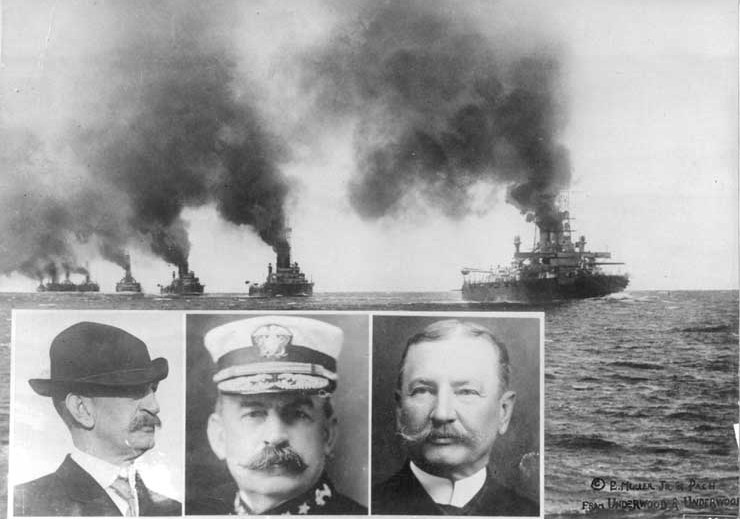
Today in Labor History November 23, 1914: The last U.S. forces left Veracruz, after occupying the port for seven months in response to the Tampico Affair, during the Mexican Revolution.
1930s
Today in Labor History November 23, 1935: Mine Workers President John L. Lewis quit the American Federation of Labor to the lead the new Congress of Industrial Organizations. The CIO was rapidly organizing workers in steel, auto, rubber and other major industries.
